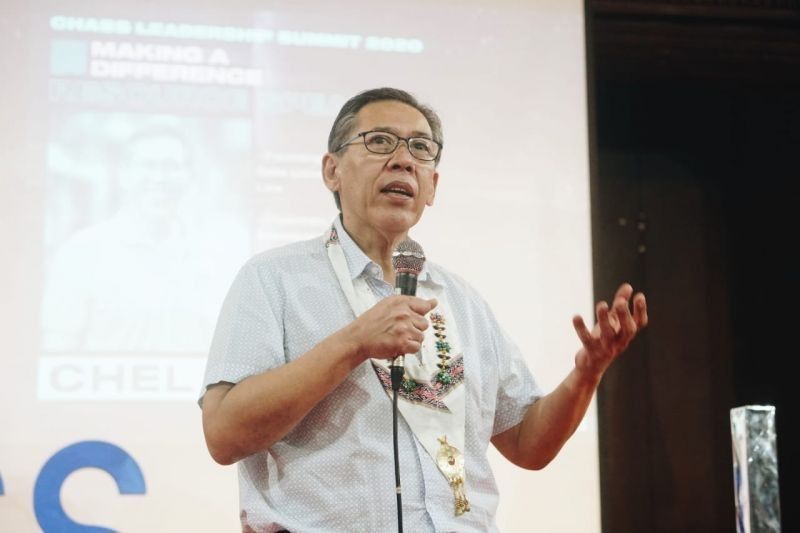Lawyers opposing terror law to face off with OSG

MANILA, Philippines — Lawyers representing 37 petitioners will face off Tuesday with the Office of the Solicitor General (OSG) on the issue of the constitutionality of the Anti-Terrorism Act of 2020 (ATA) before the Supreme Court (SC).
Integrated Bar of the Philippines (IBP) national president Domingo Egon Cayosa yesterday said lawyers have been chosen to represent the petitioners opposing the implementation of the law.
The IBP is the 32nd petitioner that filed opposition to the ATA or Republic Act 11479. It requested for the conduct of oral arguments.
“The 37 petitioners through representative counsels and the respondents through the solicitor general and his assistant solicitors will be heard by the Supreme Court en banc on the main issue as outlined by the SC,” said Cayosa.
This is the third setting for oral arguments on the ATA, one of the laws most contested before the SC, he said.
The SC first set the oral arguments sometime during the third week of September last year, but reset it to Jan. 19. Days before the scheduled oral arguments, however, the OSG asked for a resetting as some of its personnel tested positive for COVID-19.
The 37 petitioners are made up of human rights advocates, constitutionalists, lawyers, lawmakers, journalists, women’s group, youth group, religious sector, Muslims and indigenous people.
Respondents mentioned in some or all of the petitions are President Duterte and members of the Anti-Terrorism Council (ATC), the Senate and House of Representatives.
Cayosa said petitioners outlined six cluster issues to be discussed.
Cluster 1 issues center on whether the petitioners have legal standing to sue and if ATA should be declared unconstitutional in its entirety if the court finds the definition of terrorism as well as the powers of the ATC constitutionally infirm.
Cluster 2 is whether facial challenge is proper; and if the definition of “terrorism” in Section 4 is void for being vague and overbroad which is in violation of constitutional rights such as free speech and expression. It also asks if Sections 5-14 defining and penalizing threats to commit terrorism and others are void for vagueness and overbroad and violate constitutional rights.
Cluster 3 raises questions on the constitutionality of the powers of the ATC, while Cluster 4 asks if surveillance under Section 16 violates the constitutional rights to due process and against unreasonable searches and seizures, privacy of communication, freedom of speech and freedom of religion.
Cluster 5 inquires about the ATC’s power to detain without judicial warrant based on mere suspicion. Cluster 6 asks whether RA 11479 violates the indigenous people and Moro’s rights to self-determination and self-governance under the Constitution.
The ATA was passed by Congress and signed by President Duterte on July 3, 2020, replacing the Human Security Act of 2007. It took effect on July 22.
- Latest
- Trending






























